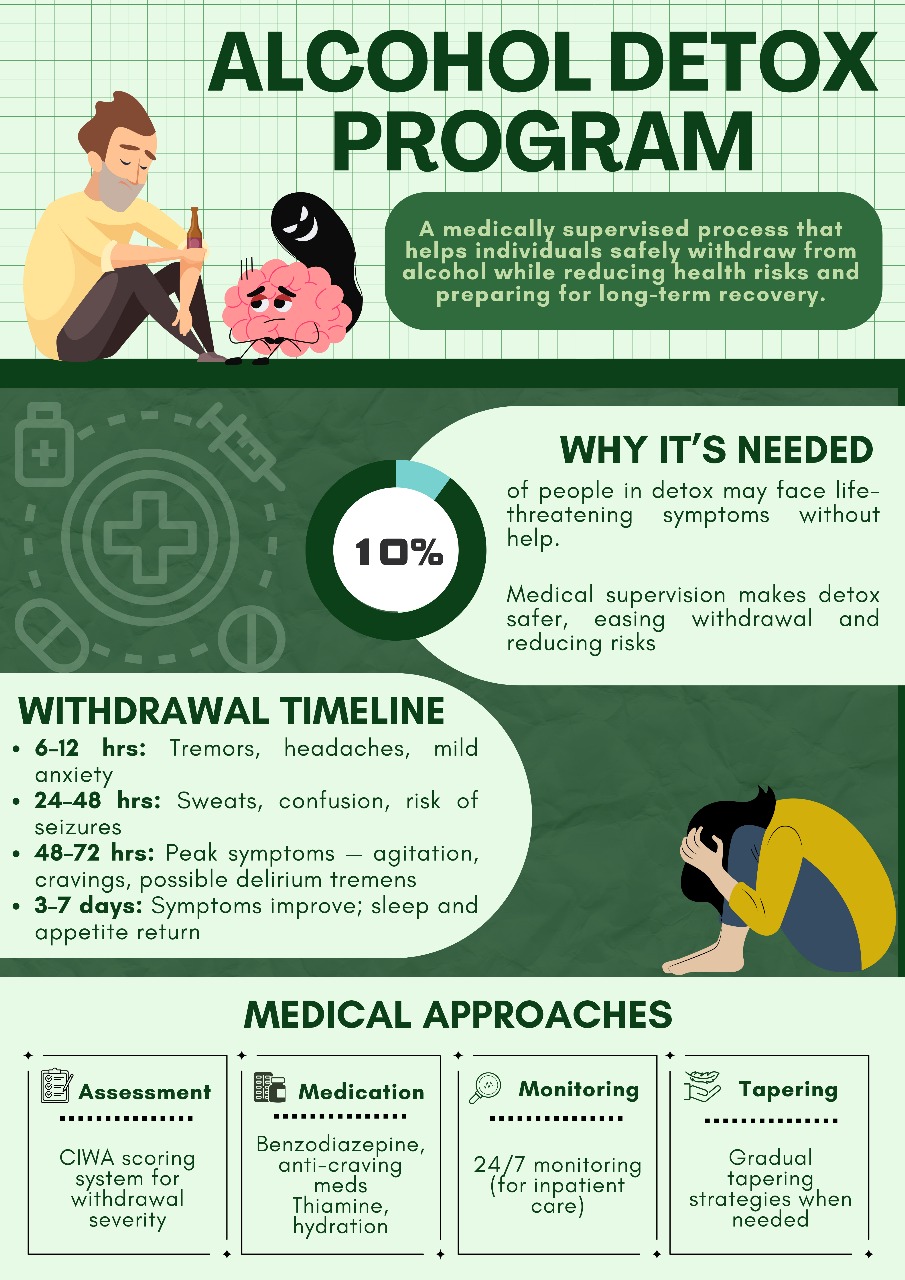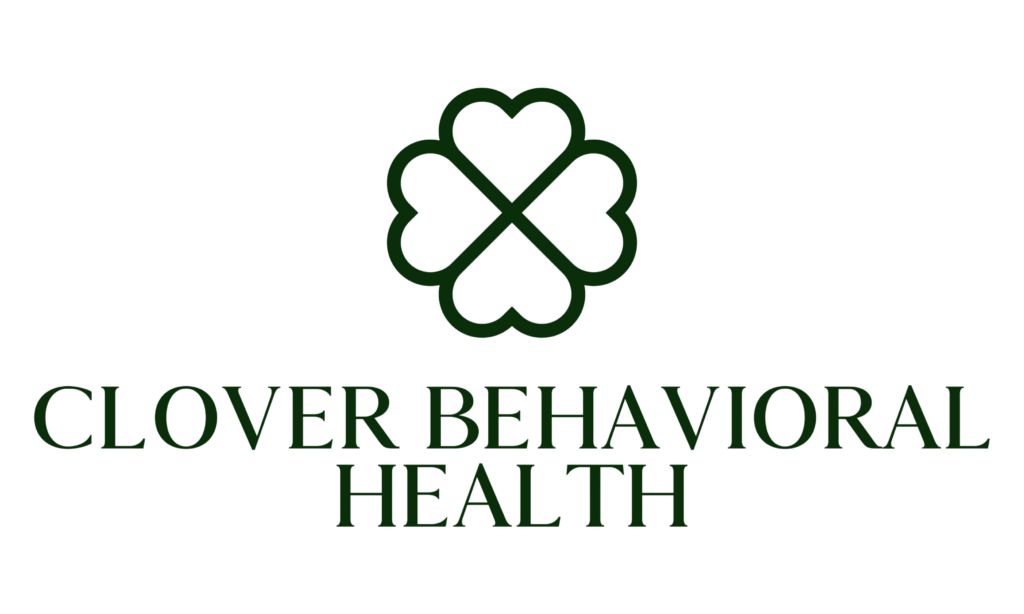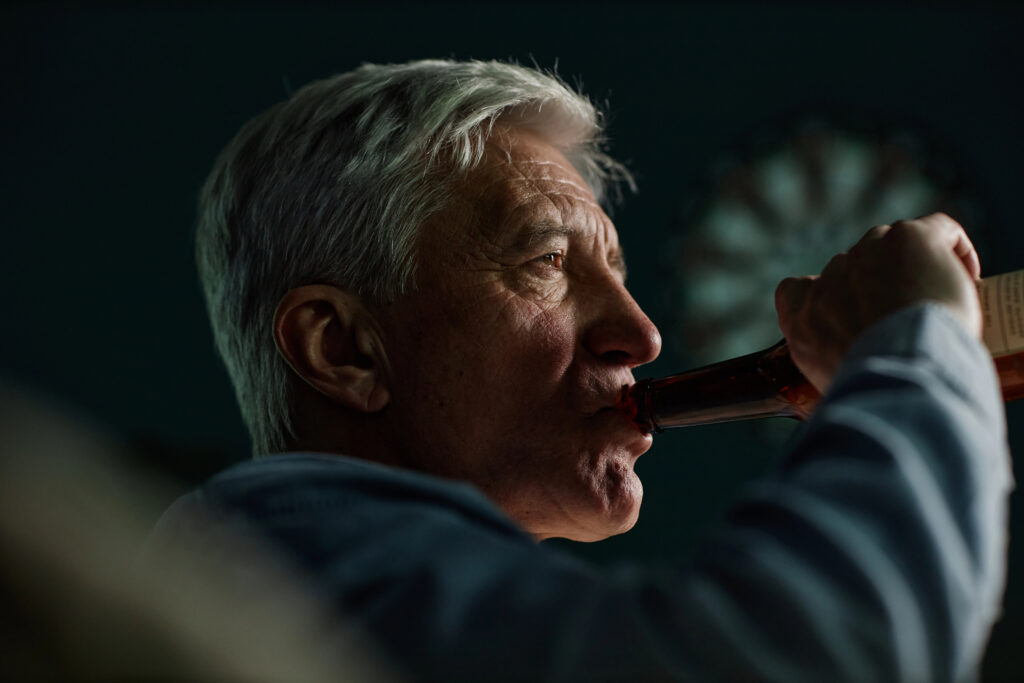Inpatient Program for Alcohol Detox in Tewksbury MA: When the Brain Becomes a Battlefield—A War Veteran’s Perspective
You trained for combat. Trained to go beyond the pain, forget about fear, and finish the mission at any cost. No one trained you for the war that begins at home. The one in which the enemy has become your thoughts, and alcohol is the only cease-fire you are familiar with.
In Tewksbury, veterans walk into grocery stores. Wait in traffic. And go to bed every night fighting battles nobody can see. The body came home intact. But the brain? It’s still deployed. Still scanning for threats. Still replaying scenes that won’t stop looping.
Somewhere along the way, drinking stopped being a choice and started being survival.
Your Brain After Service: A System on Permanent Alert
Combat changes your brain’s wiring. Not metaphorically. Literally. Your amygdala, the alarm system, gets stuck in the on position. Every loud noise is an explosion. Every shadow is a threat. Every crowd is a potential ambush.
Your hippocampus, which files memories properly, gets damaged. So trauma doesn’t become a memory you can process and store. It becomes an experience you relive. Present tense. Full sensory detail. Your body releases the same adrenaline and cortisol as if it’s happening right now.
The prefrontal cortex. Your decision-maker. It shrinks under chronic stress. The part of you that used to assess situations calmly can’t compete with the alarm bells constantly ringing.
Then you discover alcohol turns the volume down.
How Drinking Makes Things Worse
At first, drinking worked. A few beers made the hypervigilance ease. The edge dulled. Sleep came easier, even if it didn’t last.
But your brain is adaptable. Too adaptable. It adjusts to alcohol’s presence, rewiring around it. What used to take three drinks now takes six. Then ten. Then you’re drinking before noon just to feel baseline normal.
Now you’re fighting on two fronts. PTSD on one side. Addiction, on the other hand. They devour each other like gas on fire.
Alcohol disrupts REM sleep, thereby increasing the nightmares. It increases the anxiety involved in the withdrawal process; hence, hypervigilance is intensified. On top of that, it impairs the prefrontal cortex, thereby complicating impulse control.
The cruel math: You need alcohol to function. Alcohol makes it impossible to function. Repeat.
Why Detox Hits Veterans Differently
Civilian detox is hard. Veteran detox is a different animal entirely.
Your nervous system is already dysregulated from trauma. Adding alcohol withdrawal on top of that isn’t just uncomfortable.
It’s dangerous. Seizures. Hallucinations. Delirium tremens.
When your brain is already in fight-or-flight overdrive, withdrawal can push it into crisis.
You might experience:
Tremors that won’t stop. Sweating through sheets. Heart racing like you’re under fire.
Panic attacks that feel like dying.
Visual disturbances that look like threats.
Insomnia so complete you’d do anything for one hour of sleep.

Why Tewksbury’s Inpatient Programs Understand the Mission
You can’t white-knuckle this alone. You wouldn’t have gone into combat without your unit. You shouldn’t go into detox without proper support either.
Tewksbury’s inpatient alcohol detox programs are built for exactly this fight. Not just detox. Detox for people whose brains have been through hell and learned to cope in ways that eventually stop working.
Medical Supervision 24/7
Quitting alcohol abruptly is deadly. Particularly where your nervous system is already impaired. Medical professionals keep an eye on vitals 24/7 in inpatient care. They ensure all your medications are administered timely.
Therefore, you are not enduring it by living in your apartment and debating whether this pain in the chest was normal or not. Instead, you are in a place where all the symptoms are anticipated, tracked, and treated.
Trauma-Sensitive Care That Makes Sense
The staff at quality inpatient programs understand the veteran brain. They know PTSD and addiction aren’t separate issues. They know why you sleep with your back to the wall. Why sudden movements make you flinch. Why you don’t talk much about what happened over there.
Treatment addresses both battles. Not just “stop drinking,” but “let’s heal what made drinking feel necessary.”
Structure That Feels Familiar
You know how to operate within structure. Clear expectations. Consistent schedule. Purpose to each day. Inpatient programs provide the framework your brain responds to. The kind of order that helps a chaotic nervous system start finding its footing again.
Meals at set times. Groups that start when they’re supposed to. Lights out that isn’t negotiable. It’s not a restriction. It’s scaffolding while you rebuild.
No Distractions, No Access, No Escape Hatches
At home, alcohol is fifteen minutes away. A bad day means a liquor store run. A trigger means reaching for what’s always worked before.
Inpatient care removes access completely. Not as punishment. As protection. Your brain needs time to recalibrate without the substance it’s been depending on. That only happens when there’s no way to restart the cycle.
The Brain’s Capacity to Stand Down
In the first 72 hours of detox, your brain is in chaos. Systems recalibrating. Neurotransmitters finding new balance. Week two, things start stabilizing. By week three or four, you might notice moments where your brain feels quieter than it has in years.
Sleep starts working again. Not perfectly, but better. Anxiety doesn’t disappear, but it becomes manageable. The constant background noise of craving starts fading. You won’t wake up fixed, but you’ll definitely wake up different. That difference is the foothold you need.
After Detox: The Real Mission Begins
Detox gets alcohol out of your system. It doesn’t get addiction out of your brain’s wiring. That’s the longer fight. The one that requires outpatient support, therapy, maybe medication-assisted treatment, and definitely community.
Remember, you can’t start that fight while you’re still physically dependent. You can’t learn new coping strategies while your brain is screaming for the substance it’s chemically bonded to. Inpatient detox is your beachhead. The secured position from which you launch the rest of recovery.
Take Your Next Step With Clover Behavioral Health Center
At Clover Behavioral Health Center, we understand that veteran brains work differently. Our inpatient alcohol detox program in Tewksbury provides the medical safety, trauma-informed care, and structured support your brain needs to finally stand down. To stop fighting long enough to start healing.
You’ve already proven you can survive impossible things. Now, let us help you do more than survive. Let us help you actually live again.














